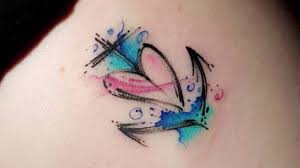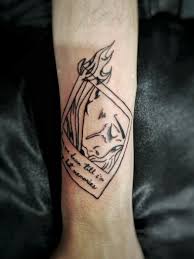
Education
As a tattoo artist, it is essential to start by finding an apprenticeship with an experienced tattoo artist. Most internships are unpaid, so another source of income may be necessary. You will learn about tattooing techniques, tools, hygiene, and safety practices during the apprenticeship. Practical experience is gained by tattooing different designs on various skin types. A dedicated mentor willing to put in long hours of training is essential. Find a different one if you feel unsafe or unwelcome during your apprenticeship.
Artistic Talent
Being a tattoo artist requires skillful artistry and attention to detail. Having a strong artistic background and the ability to transform clients’ ideas into appealing body art designs is essential. If working directly with clients and providing exceptional customer service doesn’t suit you, consider other career options. Continuing education, attending industry events, and staying updated on current trends and styles is essential for growth as a tattoo artist.
Portfolio
To gain entry to tattoo shops, a strong portfolio is necessary. It should showcase completed drawings in different styles, including black-and-grey and color designs. Photos of Tattoos you have given should be excluded from the portfolio to avoid reflecting poorly on your abilities. Practice on practice skin is recommended to avoid mistakes. Once your portfolio is ready, contact local tattoo shops for apprenticeship opportunities, ensuring you meet their specific requirements.
Experience
Tattooing requires dedicated time and investment, which can be discouraging for artists with families or other commitments. It is essential to learn and follow proper hygiene practices to prevent the spread of blood-borne diseases. Include examples from different styles and artistic mediums in your portfolio to showcase your expertise. Working under pressure and providing outstanding customer service is crucial for a successful tattoo business.

